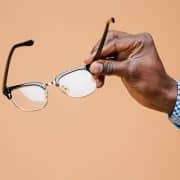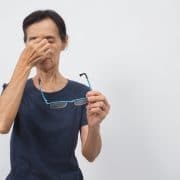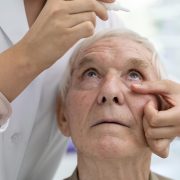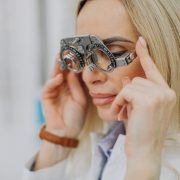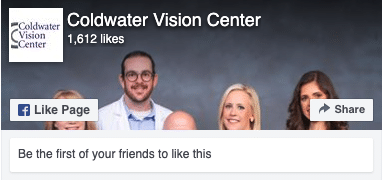5 Best Foods to Eat for Better Eye Health
Better eye health is more than just eating well, though it’s hard to argue with the other benefits of a better diet. The good news is that no matter how old you are or what types of eye conditions you have, it’s never too late to adjust your habits. We’ll look at the five best foods if you want to make a change.
Sweet Potatoes
Vitamin A is a sort of powerhouse when it comes to healthy retinas. Carrots get all of the credit in the public eye, but sweet potatoes are an even better option if you want a strong dose.
Red Bell Peppers
Vitamin C is an excellent way to fight general aging, particularly if you’re a smoker or known for your love of processed foods. Diets rich in Vitamin C are linked to at least delayed development of age-related eye diseases, including cataracts.
Salmon
Another important antioxidant is Vitamin E, which can improve your tear production. If you struggle with dry eyes or red eyes, having more salmon can help you both in the short term with clearer eyes and long-term by staving off future diseases.
Kidney Beans
High in zinc, kidney beans can encourage your body to make more red blood cells. It can help protect your retina and, as with the rest of our suggestions, potentially delay future eye health diseases.
Spinach
Spinach is great for lutein plus a whole other slew of benefits. Dark, leafy greens are known for their ability to improve eye health in Coldwater, MS with their dose of potassium, B6, B9, magnesium, folic acid, iron, and Vitamin K. There’s a reason why this one is a heavy-hitter — it’s not all propaganda.
Eye Doctors in Coldwater, MS
If you’re looking for an optometrist in Coldwater, MS who can put you on the path to better eye health, the staff at Coldwater Vision Center can help you find a plan that works for you. It’s not easy to integrate new foods into your diet, especially if you have a routine, but there are ways to make subtle but important changes. If you have a specific concern or you need a general checkup, contact us today for to make an appointment.


